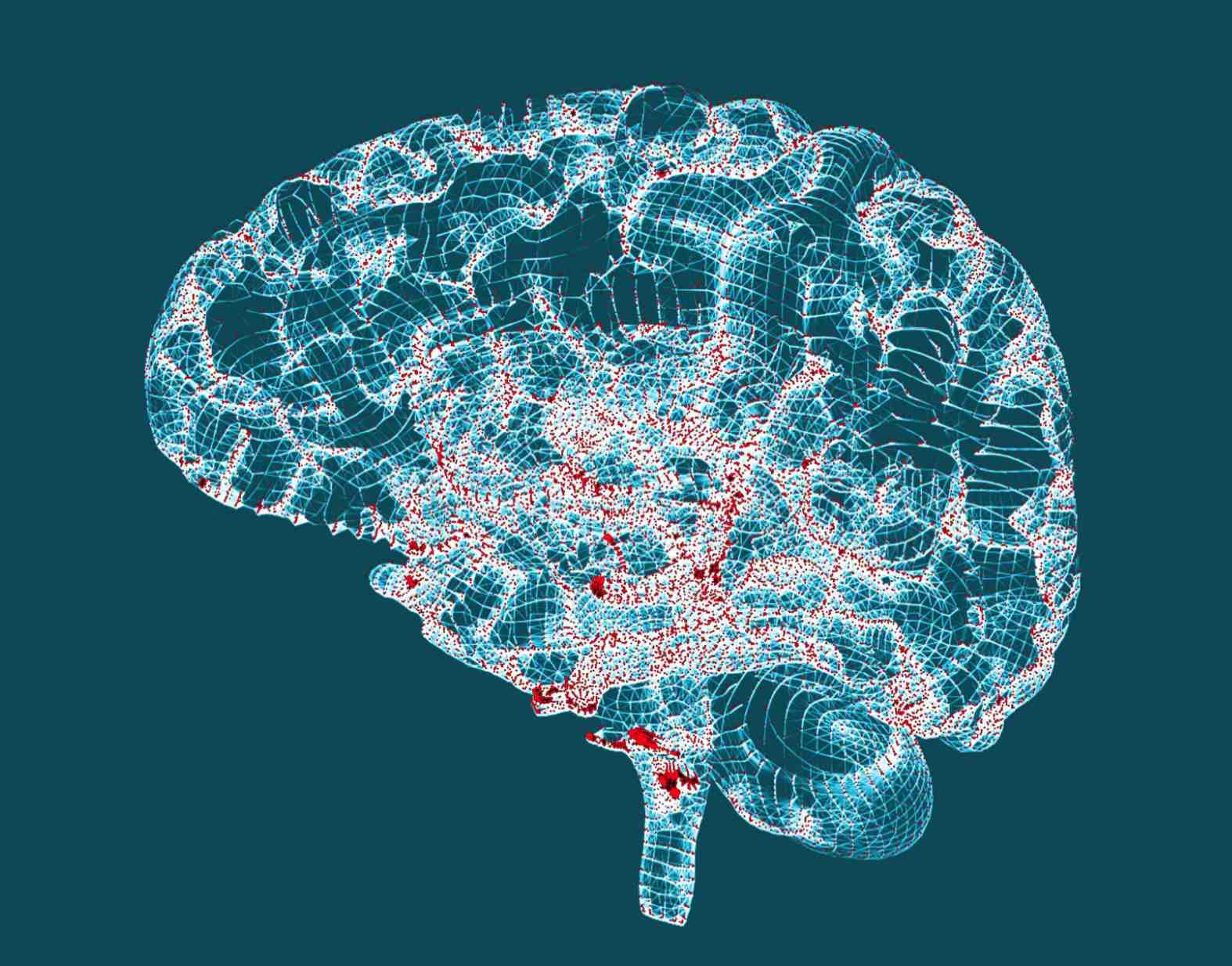
People who have had COVID-19 are at a ‘substantially’ increased risk of long-term neurologic disorders compared with people who have never had the virus, a study by researchers at Washington University School of Medicine in St Louis and the Veterans Affairs St Louis Health Care system revealed.
The year-long study, published in Nature Medicine, assessed brain health across 44 different disorders using medical records without patient identifiers from millions of users of the US Department of Veterans Health Care System.
Specifically, the study involved 154,068 people who had COVID-19, 5,638,795 contemporary controls and 5,859,621 historical controls, which altogether correspond to 14,064,985 person-years of follow-up.
Neurological conditions occurred in 7% more people with COVID-19 compared to those who had not had the virus. Extrapolating this percentage based on the number of COVID-19 cases in the US, that translates to roughly 6.6 million people who have suffered brain impairments associated with the virus.
Memory impairments, commonly referred to as brain fog, were the most common symptom, with those who had had the virus having a 77% higher risk of developing memory problems compared to the control groups.
Those who had had COVID-19 were also 80% more likely to experience epilepsy or seizures, 50% more likely to have an ischaemic stroke, 43% more likely to have mental health issues, 42% more likely to suffer movement disorders, and 35% more likely to have headaches, compared with the control groups.
“The results show the devastating long-term effects of COVID-19. These are part and parcel of long COVID. The virus is not always as benign as some people think it is,” said senior author Ziyad Al-Aly, a clinical epidemiologist at Washington University.
Few people in the study were vaccinated against COVID-19 due to the vaccines not yet being widely available during the time span of the study. A previous study in Nature Medicine led by Al-Aly found that vaccines slightly reduce the risk of long-term brain problems, by about 20%.
The risks and burdens shown in the latest study were evident in subgroups based on age, race, sex, obesity, smoking, diabetes, chronic kidney disease, hyperlipidaemia, hypertension or immune dysfunction.
The study called for the long-term consequences of SARS-CoV-2 infection to be ‘taken into account in devising policies for managing the ongoing pandemic, and developing exit strategies for a post-pandemic era’.
“Given the colossal scale of the pandemic, meeting these challenges requires urgent and coordinated – but, so far, absent – global, national and regional response strategies,” Aly-Aly said.




